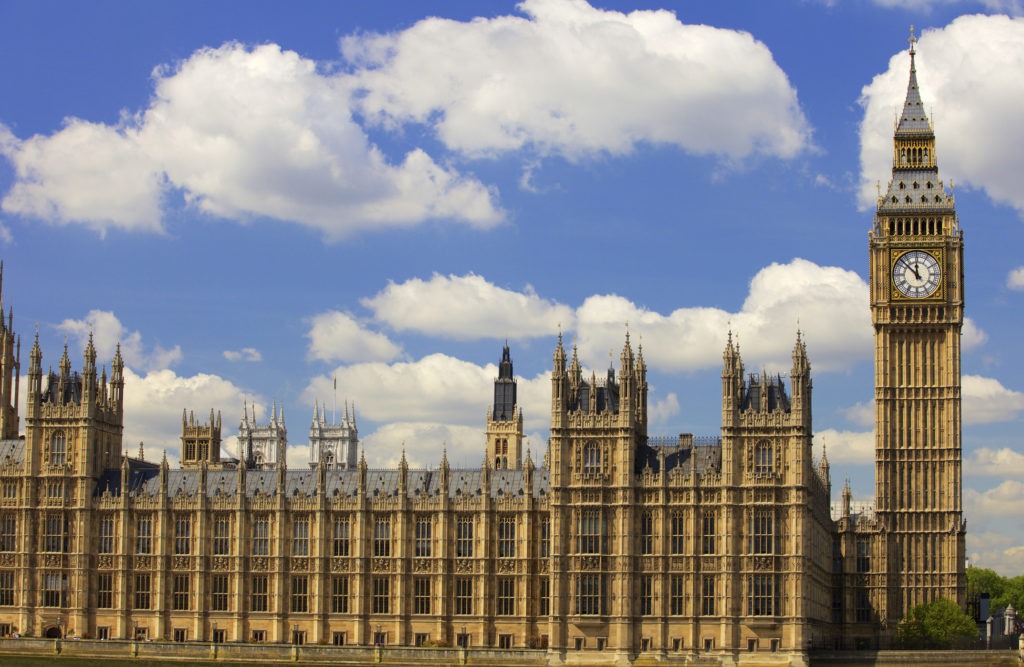UK Government announces bill to focus on development of autonomous and electric technology
22 June 2017

22 June 2017
Following the UK’s ′snap’ general election, which resulted in the Government losing its majority in the House of Commons, the Queen’s Speech, symbolising the opening of the new Parliament, has been delivered with a number of bills that the ruling Conservative party hope to get passed.
While Brexit dominated the speech, there was a boost for future technology in the car industry, with the Automated and Electric Vehicles Bill being announced. It is designed to make the UK a leader in new technology, allowing ′innovation to flourish and ensure the next wave of self-driving technology is invented, designed and operated safely in the UK.’
The plans surfaced in the 2016 Queen’s Speech and since then the Government has pledged to invest £200 million to the cause, alongside a £600 million investment into low-emissions vehicles. Currently, the UK makes one in five electric cars that are sold in the European Union (EU).
The Government justifies its spending by citing research that shows 85.7% of accident-related injuries are due to human error. It says that the market for automated vehicles in Britain will be worth £28 billion (€32 billion) by 2035.
The news was followed by the announcement that a demonstration of driverless cars in Nuneaton will be followed later this year by trials on public roads. The project, known as Autodrive, a collaboration between Jaguar Land Rover, Ford and Tata Motors, will show how autonomous cars will talk to each other.
The trials include systems that will warn drivers when an emergency vehicle is approaching and offer real-time traffic information. The first set of public road trials are due to take place in Milton Keynes and Coventry by the end of 2017. This follows the announcement in April 2017 of a strategy to create a ′cluster of excellence’ of companies in in the UK to act as a global hub to develop technologies for connected and autonomous vehicles (CAVs).
As part of this, a competition was launched to access the initial £55 million (€62 million) from the government’s £200 million (€227 million) four-year investment programme to establish a national ecosystem of test facilities for connected and autonomous vehicles. The government is providing £100 million (€114 million) in funding, which is being matched by industry.
For electric vehicles (EVs) the Government wants to ensure that every motorway service station and large petrol station has a charging area available. This will go some way to redress the balance between EVs on UK roads and available charging areas. While electric and plug-in hybrid vehicle sales have soared from 2,000 vehicles in 2012 to 86,000 in 2016, the number of charging stations has only increased from 2,800 to 11,700 in the same period. With a projected 700,000 EVs on the road by 2020, the investment in charge points is needed.
The plans will offer a boost to zero-emission technology, which is standing by to take the place of diesel vehicles, which are experiencing a decline in sales due to negative press. While the latest vehicles are much cleaner than they have ever been, the UK motorist appears to be an easy target and yet again seems to be getting singled out as the root cause of the majority of the pollution, which is not believed to be the case. The Mayor of London has indicated that he wants to kill off diesel vehicles in London and the UK press have jumped on the bandwagon. In addition, EVs are expected to reach total cost of ownership (TCO) parity with petrol vehicles sooner than expected, possibly by 2018.
The UK has already taken a lead on EV technology. In June 2017, Jaguar Land Rover (JLR) and the UK Government announced plans for the establishment of the core UK hub for EV battery production and development.